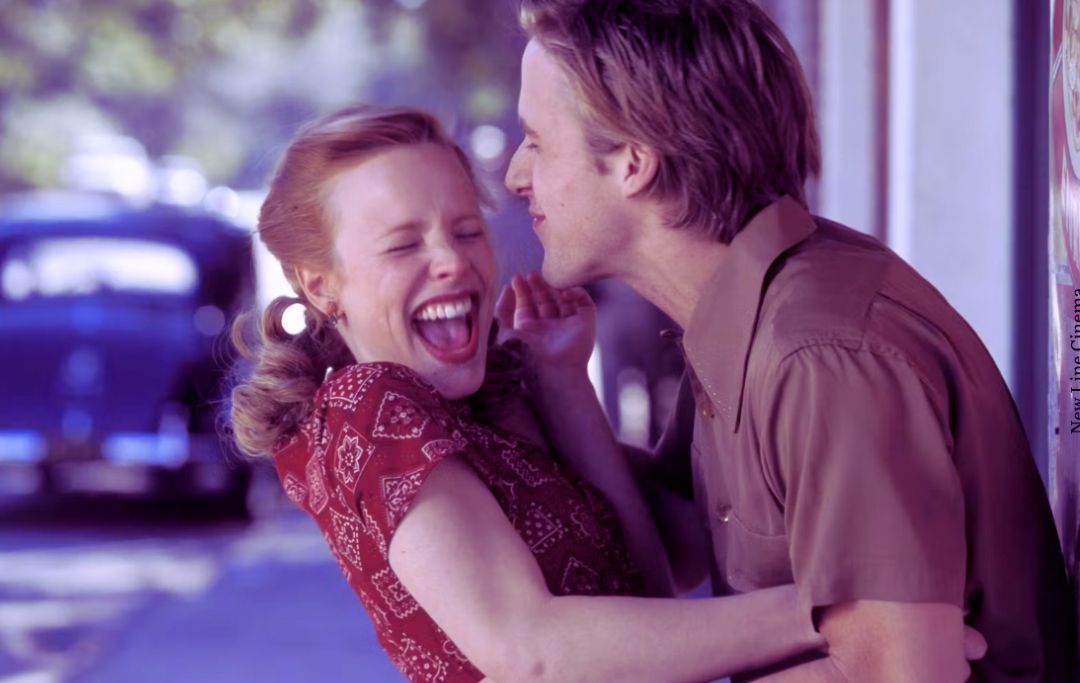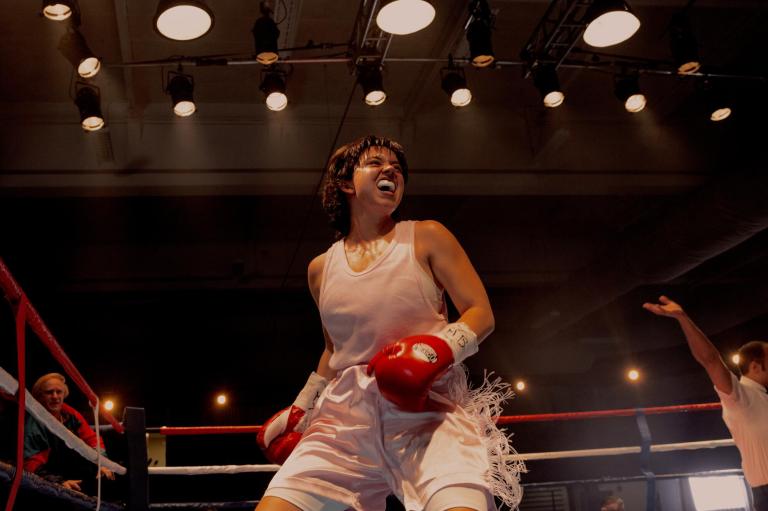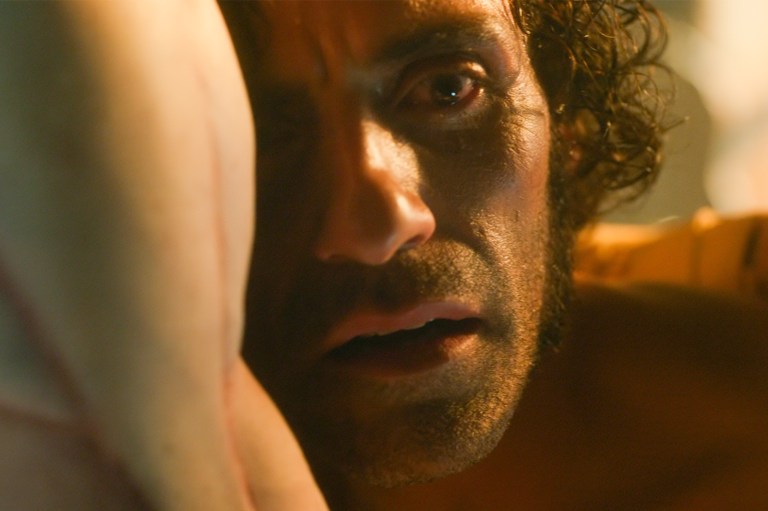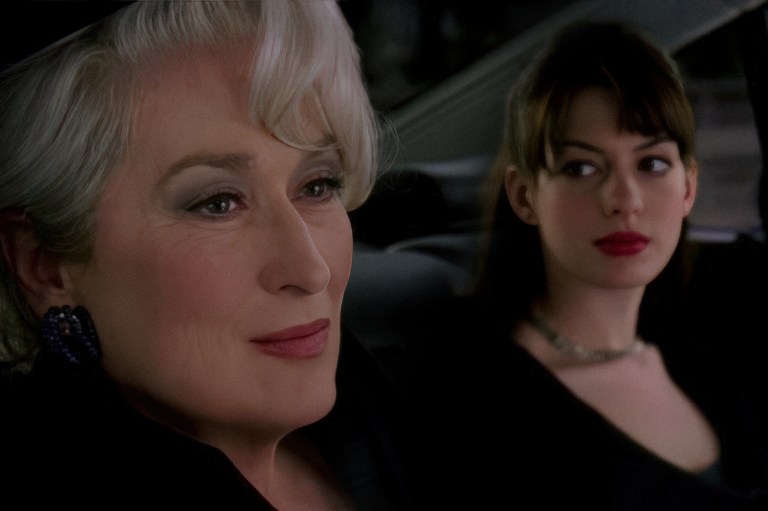
5 of the Most Toxic Romance Movies In Film History (That Glamorize Narcissistic Relationships)
True love or romanticization of the red flags? These are the most popular romance movies that are beloved, but toxic. Here's why.
As audiences, we love watching love stories – even the toxic ones. Some viewers may tell others to relax and just enjoy the movie, while others cast a more critical eye on the prominent narratives in films that condition us to accept unhealthy dynamics in our relationships. Here are five films portraying relationships that were actually filled with manipulation and toxicity. These movies are well due for some scrutiny, and while you may still enjoy aspects of these films, it’s important to remain aware of the red flags embedded within and continue to watch with a critical lens, reframing them not as epic love stories but rather as cautionary tales.
The Notebook
The Notebook is touted as one of the most romantic films of all time, and for good reason. Who doesn’t want to be written 365 love letters and have a destined love that lasts forever? The longevity of Noah and Allie’s relationship and love for one another until the very end is certainly admirable, and it’s understandable why this movie is so beloved. Yet the heart-wrenchingly inspirational love story of Allie and Noah starts off with massive red flags that must be noted. At the start of the film, Noah coerces Allie into going on their first date, persistently asking her out every day and going so far as to threaten to jump off a Ferris wheel if she doesn’t comply. In movies, this feels like a grand romantic gesture, but in the context of real-life relationships, persistence, love bombing, and coercion are major red flags that often signal the beginnings of emotional abuse and control. The relationship is filled with explosive, passionate fights, and constant uncertainty before it escalates into an eternal romance for the ages.
Twilight
Twilight is a series that ultimately encourages and glamorizes stalking behaviors and unhealthy enmeshment and codependency in the name of true and fated love. On screen, an eternally youthful and hot hundred-year-old vampire played by Robert Pattinson watching you sleep may seem titillating, but in real life, it’s cause for a restraining order. Before there was Joe Goldberg from “You,” there was Edward Cullen. Bella and Edward seem mutually obsessed with one another, but their relationship is filled with pain and torment for one major reason: Edward literally has to fight the urge to kill her and devour her alive. Not exactly the healthiest way to start a new relationship, and Bella falls into suicidal despair when he tries to detach from her to protect her. As he tells her, “I am the world’s most dangerous predator. Everything about me invites you in—my voice, my face, even my smell. As if I would even need any of that. As if you could outrun me. As if you could fight me off. I am designed to kill.” Talk about a power imbalance. He goes on to say he has killed people in the past and thirsts for her blood. In response, Bella says she does not care and trusts him, ignoring her survival instincts completely. One of the most disturbing scenes in the series is when Bella and Edward first have sex, only for Bella to admiringly look at her scars and bruises the morning after. Bella sacrifices the rest of her life at age eighteen to be with Edward before she really even knows him. While Twilight incorporates supernatural elements that may make such plotlines seem understandable in context, many viewers have noted that it glamorizes aspects of abusive and toxic relationships.
A Star is Born
In A Star is Born, Ally and Jackson are the poster children for a narcissistically abusive relationship. As Ally gains success as a talented singer and Jackson becomes more entrenched in his drug addiction, she sacrifices her well-being and her own success in the name of love to cater to him, continually forgiving him for his transgressions, his deplorable verbal and emotional abuse, and his multiple attempts to sabotage her career. In one particularly unsettling scene, Ally discloses that she’s been approached by a record manager for an opportunity and Jackson smears a cream cheese bagel in her face. Jackson’s pathological envy of Ally’s success and his sabotage of her career while she uplifts and supports him throughout the film is disturbingly one-sided. Some viewers may say this movie simply a portrayal of the downfall of addiction in their love story, but one has to be reminded that most addicts do not behave in this malicious way, and that while narcissistic people can also have co-morbid substance abuse issues, this did not create their core lack of empathy which often permeates their behavior outside of the addiction. Viewers are cautioned not to internalize Jackson’s addiction as the sole cause for his abusive behavior or to rationalize the severity of it. Ally’s codependent tendencies to try to save Jackson are not romantic – they are self-destructive, and they only serve Jackson. This movie idealizes toxic relationships and self-sacrifice in the name of love.
50 Shades of Grey
When Anastasia Steele meets the elusive billionaire entrepreneur Christian Grey, she is seduced and coerced into a sexually sadomasochistic relationship dynamic she does not initially feel comfortable with. Viewers note that this sexual relationship does not feel consensual in many ways, because Ana wants something different – she wants romance and a commitment, both of which Christian cannot readily provide her. Christian is possessive, controlling, emotionally unavailable, and uncomfortable with emotional intimacy, having had many “submissive” partners in the past who he never continued a real relationship with. He distances himself from this intimacy with Ana while still expecting her to go along with his sadistic sexual desires, all notarized in a business contract to meet his needs and abide by his rules. Throughout the movie series, these narcissistic traits and behaviors are often glamorized as Christian falling “in love” and being overprotective over Ana rather than being downright abusive and toxic.
Love, Actually
Almost every couple in the popular holiday rom-com Love, Actually is toxic and the romance in the movie is often wrapped up in morally depraved circumstances and wrapped with a bow for viewers to normalize as “just” the complicated nature of love. Mia and Harry top the list, as Mia shamelessly pursues her married older boss to have an affair with him, while he gets her a jewelry gift that adds an even more disrespectful twist to the affair during Christmas when his wife Karen finds it. Karen appears to still be with Harry at the end of the movie, which sends an unhealthy message about tolerating betrayal for the sake of marriage. Such violations in real life simply should not fly. Juliet and Mark are just as unsettling, since Mark is in love with his best friend’s wife and pursues her ardently, only for Juliet to cheat on her husband just because he held up a poster declaring she was perfect. There are far too many scenes in the movie glamorizing betrayal and narcissistic self-serving acts in the name of love to be a truly healthy love story.











